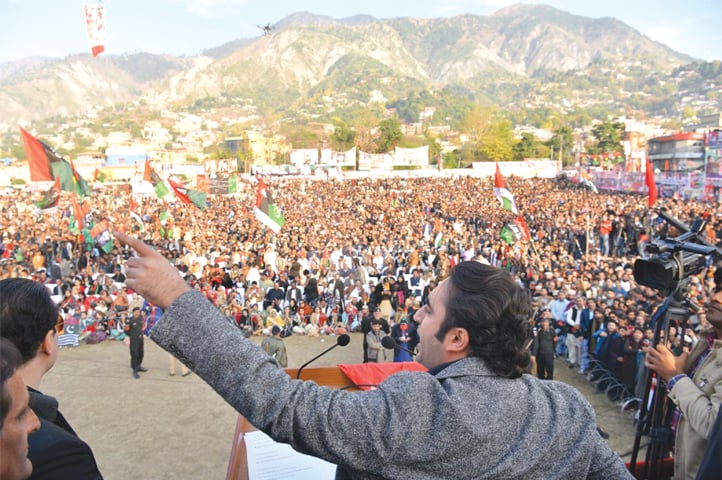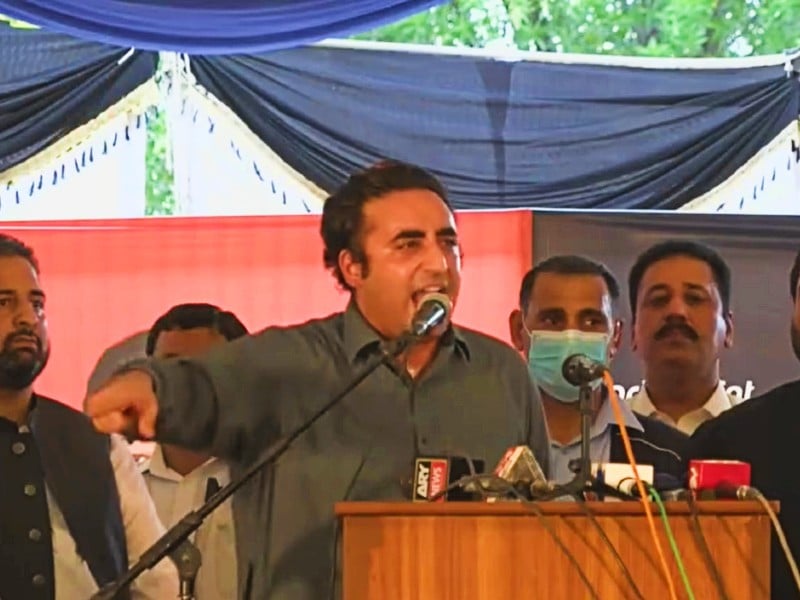KARACHI/ISLAMABAD: Foreign Minister Bilawal Bhutto Zardari said that Pakistan would actively highlight unchecked Indian atrocities in IIOJK at every world forum.
In his message on the eve of Kashmir’s Youm-e-Istehsal, he openly revealed to the world that the Kashmiri people have an ideological and emotional attachment to Pakistan.

The foreign minister stated that India’s last tactic against the occupied Valley was the unilateral and illegal action taken by the Modi government on August 5, 2019, which ultimately failed.
He added that India’s exposure to the world was highly unfavorable when they changed the special status of IIOJK.
Pakistan Observes “Youm-E-Istehsal” In Solidarity With Kashmir Today
Today, Pakistan and the world observe ‘Youm-e-Istehsal’ to mark the fourth year of the Indian military siege in Indian Illegally Occupied Jammu and Kashmir (IIOJK) and condemn the unconstitutional stripping of its special status. On August 5, 2019, India’s BJP revoked Kashmir’s special status by abolishing Article 370 and Article 35A. It enabled non-Kashmiris to settle and own property in the region.
Last year, the government designated August 5 as “Youm-i-Istehsal” to mark the day of protest against the Indian government’s decision to revoke the autonomy of occupied Kashmir. This move shows solidarity with the residents of occupied Kashmir and portrays opposition to India’s actions in the region.
However, Pakistan has consistently voiced its concerns about India’s actions in the valley and the atrocities committed in occupied Kashmir. The country has also condemned these actions on various international platforms.
In addition, The decision by India’s Hindu nationalist-led government to revoke Article 370 and Article 35A in August 2019 has been perceived by Kashmiris, international organizations, and critics as an effort to change the demographic composition of Muslim-majority Kashmir by encouraging the settlement of Hindu populations in the region. This move has raised concerns about altering the region’s religious and cultural identity.


